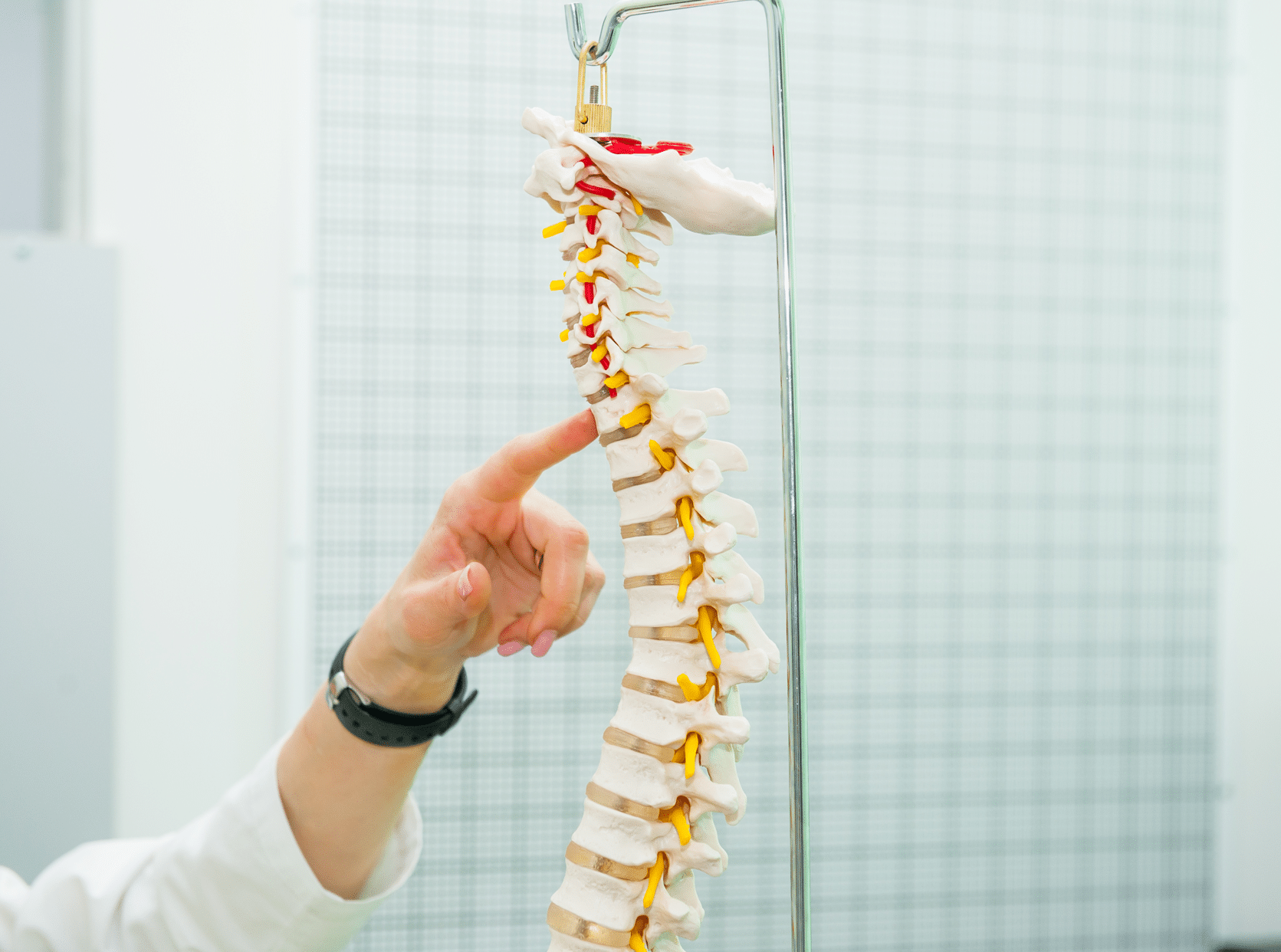Making a compensation claim after an amputation accident can be a good way of adjusting to your new reality. Losing all or part of a limb can create all kinds of challenges in your daily life, and if this happened through someone else’s fault, you might feel an overwhelming sense of injustice. Claiming financial compensation can go towards redressing this balance, and may provide a quicker route to rehabilitation and medical support.
The following 5 facts are aimed at giving you a sense of what’s involved in amputation compensation claims and an idea of some of the most significant losses which can be claimed.
1. Losing a limb isn’t the only kind of amputation injury
When you hear the word ‘amputation’ you might think it relates only to the complete loss of a leg or an arm. But amputation injuries can also include the loss of parts of limbs or extremities, such as a hand or foot, fingers, toes, or just a portion of them, like fingertips.
Depending on your circumstances, you may be able to claim amputation compensation for any of these kinds injury.
You can read the story of one of Truth Legal’s clients here, who successfully claimed compensation after losing two of his fingers to a defective woodworking machine.
2. Various kinds of accident can give rise to an amputation compensation claim
The loss of all or part of a limb can happen in many different kinds of accident. However, these kinds of injury are most common in situations involving heavy machinery or high impact forces such as:
- Industrial accidents
- Road traffic accidents
- Accidents caused by defective equipment or machinery
- Falls from height
- Farming accidents
- Serious assaults and criminal injuries
There are also situations where an amputation may not have occurred in the accident itself, but happened as a consequence of the accident. For example, where a limb or extremity was severely damaged, or infection had set in, and treating doctors considered it necessary to carry out an amputation to avoid worse harm.
Clinical negligence
Amputation compensation claims may also arise when negligence by healthcare professionals has caused you to lose a limb or an extremity.
This could be through:
- Surgical errors – such as amputating the wrong limb or making mistakes with the surgical procedure which caused greater harm than it would have if carried out correctly.
- Misdiagnosis or delayed diagnosis of a condition which leads to the loss of a limb – such as infections and sepsis, diabetes, meningitis, encephalitis, vascular diseases, or bone cancer.
- Deciding to amputate a limb when no reasonable body of medical opinion would have done so.
Some of the above examples (such as situations where the incorrect limb has been amputated) are classed as ‘Never Events’ by the NHS – in that they should never be allowed to happen. As such, they will give rise to a very strong basis for a clinical negligence compensation claim.
3. A major part of amputation compensation is ‘loss of amenity’
When putting a ‘value’ on any compensation for a personal injury, two key aspects are examined:
- The pain and suffering caused by the injury; and
- The way in which the injury has affected the person’s enjoyment of life (also called ‘loss of amenity’)
If you are claiming for an amputation injury, both of these are likely to be significant. However, the effect on your life will almost always be a major part of the harm that you have experienced due to the accident. This means, when making a claim, it can be helpful to note down the ways in which your injury has affected your enjoyment of life. This is likely to be difficult, but if you feel able to do so, it can greatly assist with ensuring that the full impact of your injury is taken into account in the compensation being claimed.
4. You may be able to claim for rehabilitation, prosthetics, and other aids
Access to rehabilitation, aids, prosthetics, and other medical support can be a considerable help in facilitating your adjustment after the accident and taking back control of your life.
There can sometimes be costs associated with these supporting treatments, and any that you have incurred yourself will usually be eligible for inclusion in your claim. These will be claimed alongside your amputation injury compensation, together with any other financial losses you have incurred as a result of the accident – such as loss of earnings.
5. You may be able to claim for adaptations to your home and vehicle
In a similar way to aids and prosthetics, the effects of your injury on everyday life can sometimes be mitigated by making adaptations to your home and your vehicle. Provided these changes are supported by independent medical evidence, the costs of such adaptations can often be included in your amputation compensation claim.
In more serious situations, it may even be possible to include the costs of moving home or buying a new vehicle if your current ones cannot be adapted appropriately.
Seeking advice on your legal rights
If you are thinking of making a compensation claim after an amputation injury, it is best to seek advice from lawyers who specialise in personal injury and have experience in serious injury claims.
Truth Legal has helped a large number of clients to recover much-deserved compensation after serious accidents. You can read about some of them on our success stories page.
If you would like to speak to one of our lawyers about your circumstances, please do not hesitate to get in touch.
Further Reading
From one of the UK’s most read legal blogs.










